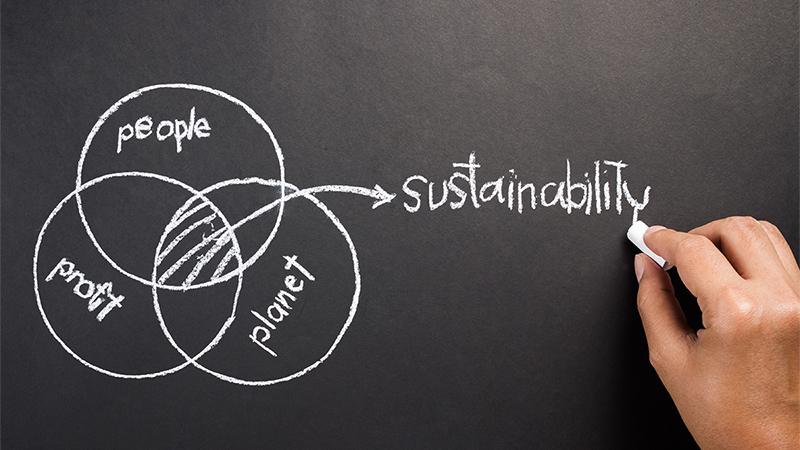Corporate responsibility may be trendy right now, but I regularly hear people talking about it as mere greenwashing, making a company’s actions look shiny and pretty without real content. Sadly, corporate responsibility is not really glitz and glamour – it is human rights abuses in the palm oil plants in Asia, collapsed garment factories in Bangladesh, oil spills in the ocean, corruption or overly aggressive tax planning that disrupts competition. Fair? No.
What Connects Airplanes, Straws and Corporate Responsibility?

Related services
Corporate responsibility covers a wide variety of topics, as the examples above show. So what are we actually talking about when we say corporate responsibility?
You can easily find several definitions by googling, but I am a simple girl so I give you a simple definition: Corporate responsibility is balancing between people, planet and profit in the corporate world. This means that companies should respect the environment and treat the people around them fairly, while also operating in a financially sustainable way.
Why should companies care?
Let’s have a more detailed look at why. Why does corporate responsibility matter to companies and to us corporate lawyers?
Well, the obvious answer is public image. Any scandal in operations near or far will lead to a damaged reputation. There are also other reasons than brand image for companies to embrace corporate responsibility, such as cost savings, and employee and customer engagement (see more arguments in the Forbes’ article). Last but not least, we can ask ourselves the fundamental question: Why should corporations behave differently than individuals? Why would we give corporations the right to misbehave behind the corporate façade while we don’t approve of similar behaviour from our fellow citizens?

Something good hidden here?
If the above arguments do not convince you about the benefits of corporate responsibility, let me talk a little bit about airplanes and straws. Airbus has recently developed an airplane (A350) that brings more comfort to passengers with less fuel burn, emissions and noise – attractive and responsible business for both Airbus and airline companies. Another example is LifeStraw which is a straw that makes water drinkable in developing countries, preventing many diseases from spreading – good business that saves lives.
Both examples show that we can actually have the cake and eat it too – generate profits and do good for the world. How does this sound? Do you have an A350 or a LifeStraw for your company already in mind?








